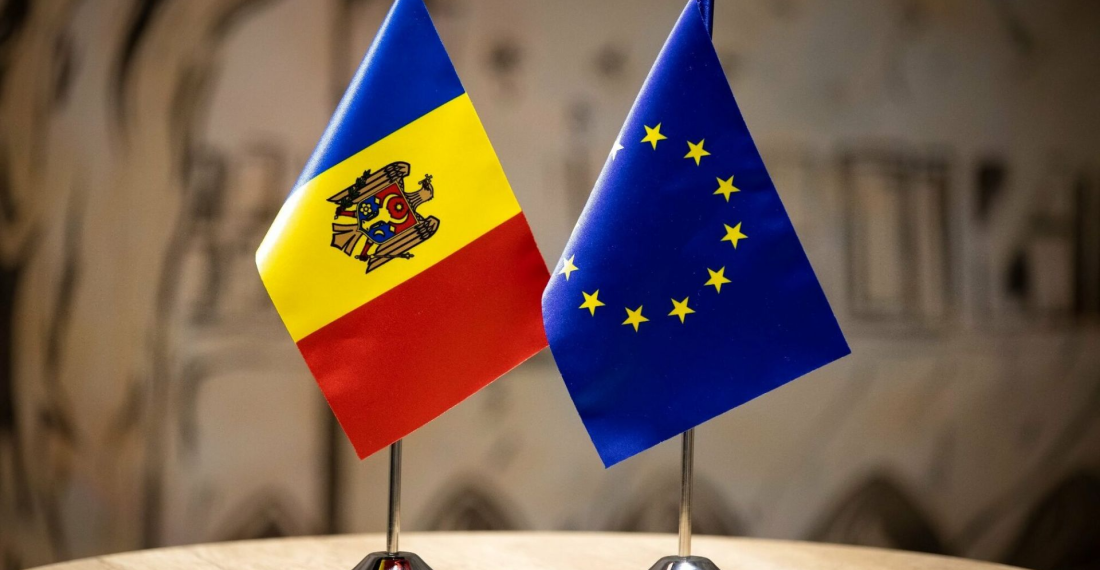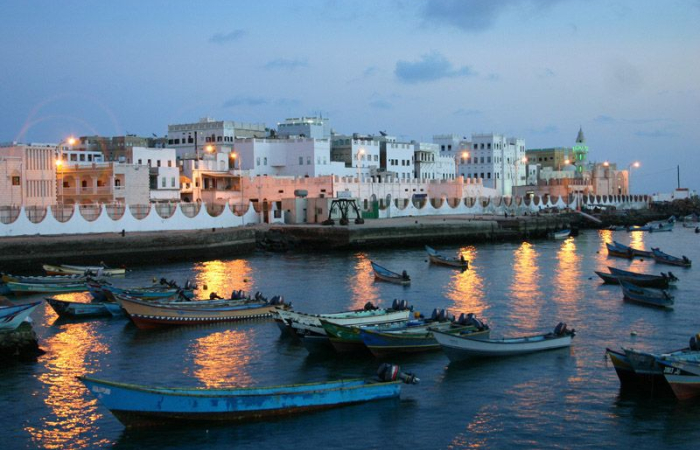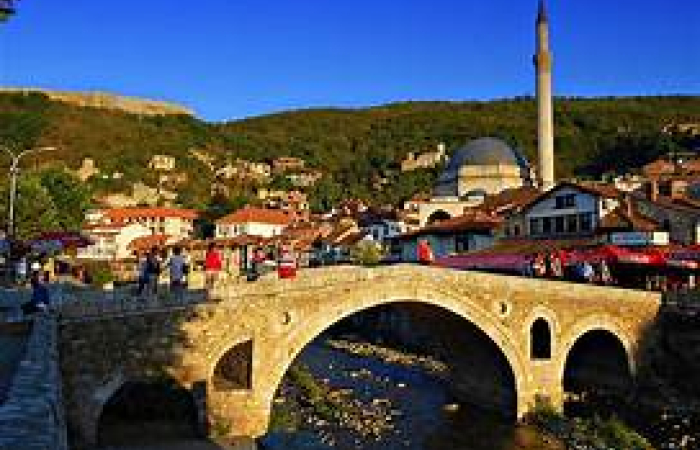The European Union has announced the establishment of a civilian mission in Moldova in a press release on Monday (24 April) after European Council ministers reached an agreement.
The EU writes that the objective of this civilian mission is "to enhance the resilience of the security sector of the country in the areas of crisis management and hybrid threats, including cybersecurity, and countering foreign information manipulation and interference".
"To this end, the mission will provide advice at strategic level on the development of strategies and policies, and identify the needs for capacity building for early warning, detection, identification, attribution of threats and the response to hybrid threats," the press release adds.
Moldova, which has a large Russian-speaking population and contains the breakaway region of Transnistria that hosts a small contigent of Russian peacekeepers, has long been the target of Russian disinformation operations. Especially since the start of Russia's full-scale invasion of Ukraine last year, continuous reports have emerged alleging Russian efforts to destabilise the country.
The EU's High Representative for Foreign Affairs and Security Policy Josep Borrell commented: "As one of the countries most affected by the fallout of Russia’s illegal invasion of Ukraine, we witness increased and continued Russian attempts to destabilise Moldova with hybrid actions. Today we are stepping up EU support to Moldova protect its security, territorial integrity and sovereignty. The deployment of this new mission is yet another important political sign of the EU’s support in the current difficult circumstances."
Moldova had previously requested the establishment of an EU civilian mission under the Common Security and Defense Policy in a letter written on 28 January 2023.
source: commonspace.eu with European Union
photo: European Union






